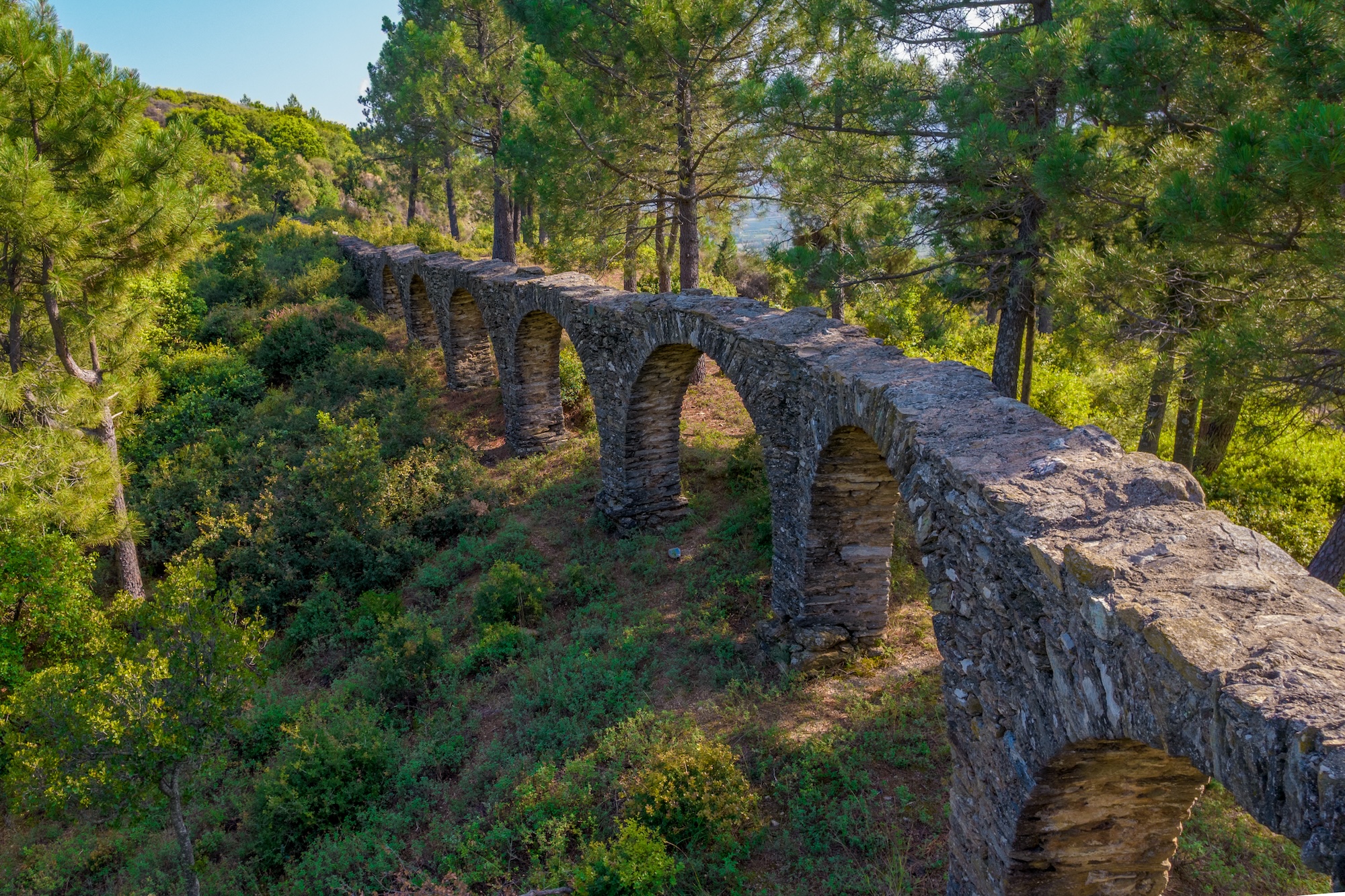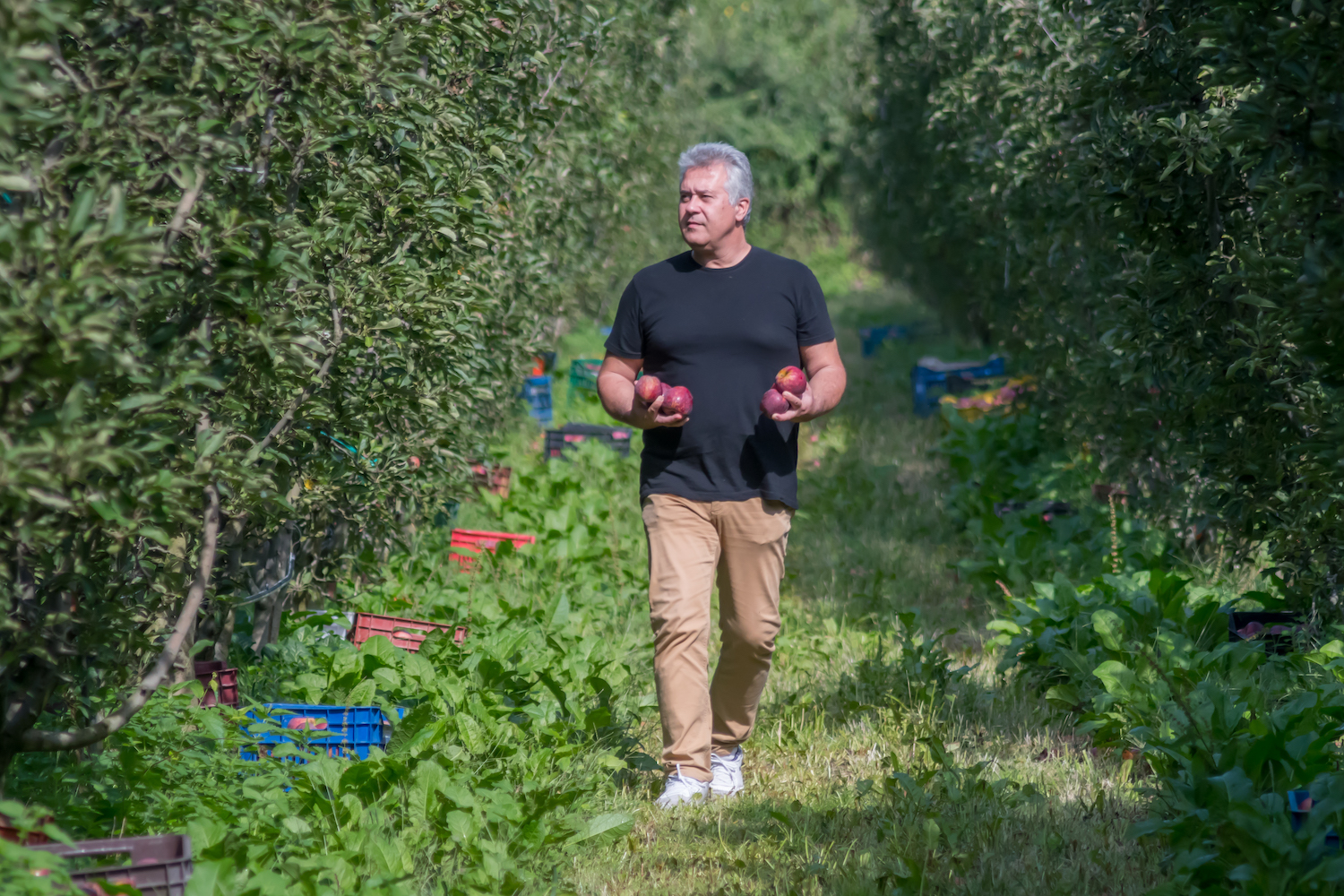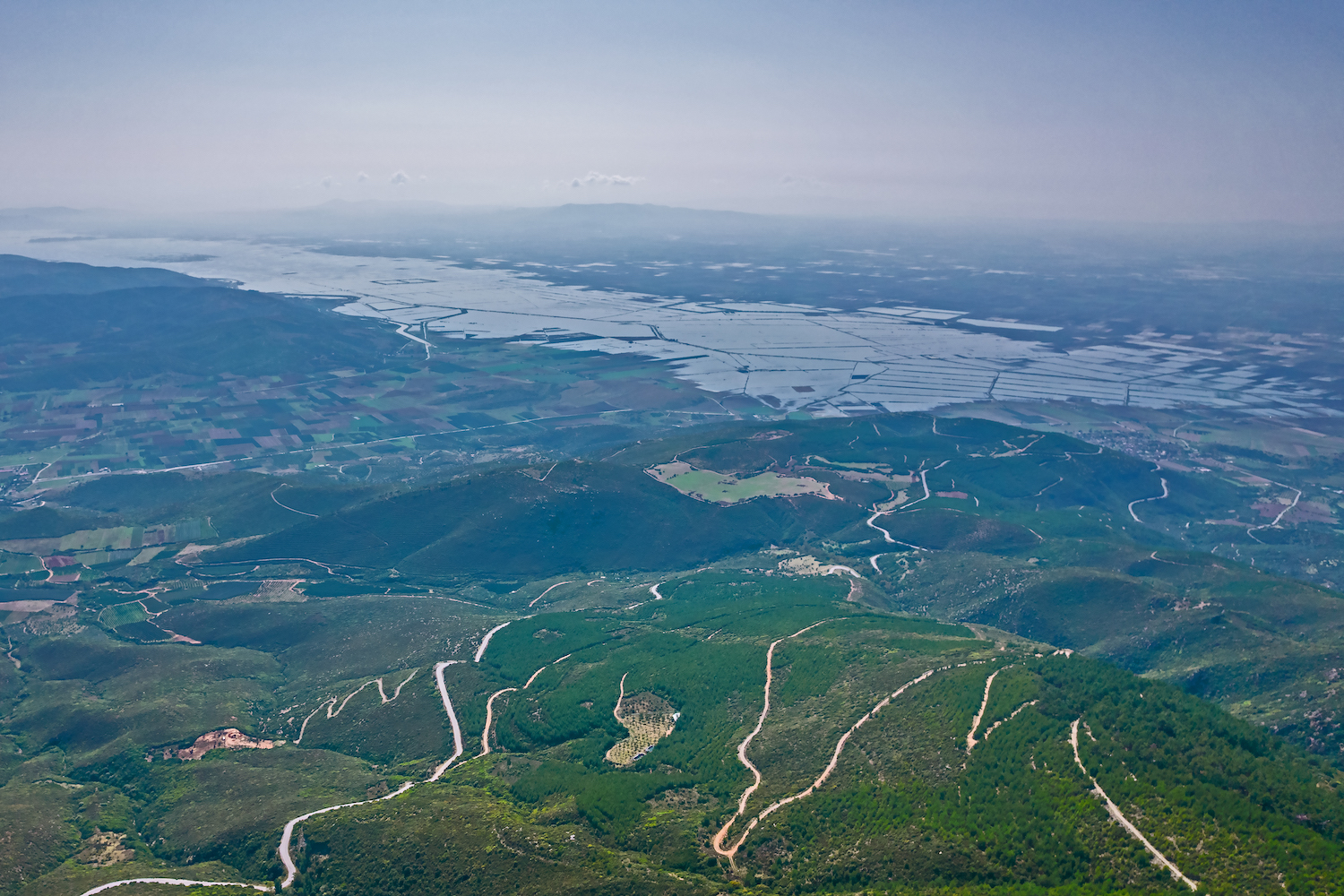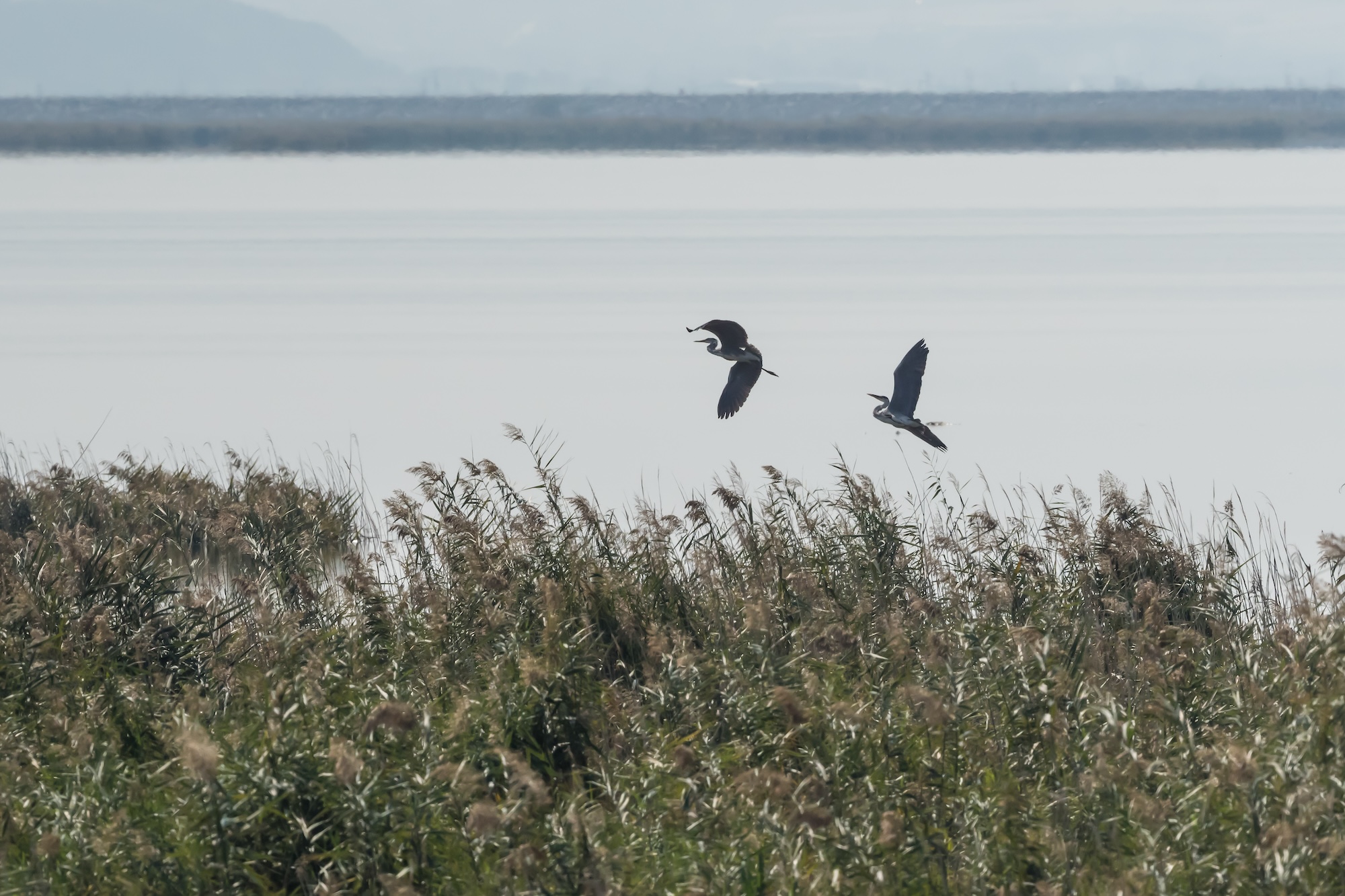LTER-Greece — A Story of Resilience, Dedication, and a Deep Connection to the Land
In a country defined by its ancient landscapes and deep cultural ties to nature, the Hellenic Long-Term Ecological Research Network (LTER-Greece) tells a story of scientific, social, and environmental resilience. At its heart is a network of scientists, researchers, and local communities who share a commitment to understanding and protecting the ecosystems that sustain life across Greece and far beyond its borders.

From the rugged peaks of Crete’s White Mountains to the delicate coastal wetlands of the Peloponnese, LTER-Greece brings together a diverse mosaic of observatories. Each is unique in its focus, shaped by the land and people it serves, yet all are united by a common mission: to carry out long-term, high-quality ecological research that can guide society through the great environmental challenges of our time—climate change, biodiversity loss, pollution, and the unsustainable use of natural resources.
What makes LTER-Greece stand out is not only the scientific excellence of its work, but the way it operates: grounded in place, attentive to local realities, and collaborative by design. These observatories are not abstract measuring stations—they are living, breathing sites of co-creation where science meets community, where data transforms into dialogue, and where knowledge becomes action.
In Crete’s Koiliaris Critical Zone Observatory, researchers examine how mixed land uses—forests, grasslands, agriculture, and tourism—interact in fragile Mediterranean ecosystems. On the island of Samothraki, where human presence has long existed in harmony with pristine nature, a vision of sustainability is being shaped by grassroots participation and scientific insight. In Athens, an urban and peri-urban observatory offers a window into how cities can become part of the solution to environmental degradation, not just contributors to the problem.

In Thesaly’s Pinios Hydrologic Observatory, the society seeks advanced approaches to revive natural resources and sustain agricultural produce in harmony with the environment. These places, and the dedicated people who steward them, reflect the many faces of Greek geography and society—from rural agricultural valleys and coastal lagoons to bustling urban centres and remote island ecosystems. Together, they form a network that is as complex and rich as the country itself.
At a time when scientific institutions often face instability, LTER-Greece has shown remarkable perseverance. Its central management committee, composed of committed institutions and researchers, operates under a shared memorandum of understanding—proof that long-term vision and cooperation can overcome bureaucratic and logistical hurdles. The network’s integration into the broader LTER-Europe and global ILTER family links it to hundreds of similar efforts around the world, amplifying its impact and enabling powerful exchanges of knowledge and methodology.

One of LTER-Greece’s great strengths lies in its ability to generate long-term, high-frequency data across varied ecosystems, while also engaging with the social and economic dimensions of environmental change. This multi-layered approach recognizes that nature and society are intertwined—and that solving ecological problems requires understanding both systems together. With the support of Greece’s General Secretariat for Research and Innovation, and participation in flagship European projects like eLTER H2020, the network is helping to shape the future of ecological monitoring on a continental scale.
But LTER-Greece is more than just a research network. It is a space of mentorship, a hub for innovation, and a platform for dialogue. It welcomes young scientists, trains the next generation of environmental leaders, and opens its data and findings to decision-makers and citizens alike. The observatories are becoming sites where “citizen science” is not a buzzword but a reality—where locals help gather information, shape questions, and co-design solutions.

In the face of growing environmental uncertainty, LTER-Greece continues to stand firm—rooted in scientific rigor, guided by a strong ethical compass, and fueled by the belief that knowledge can transform not only how we understand the world, but how we live within it.
References:
Skoulikidis, N. T., Nikolaidis, N. P., Panagopoulos, A., Fischer-Kowalski, M., Zogaris, S., Petridis, P., Pisinaras, V., Efstathiou, D., Petanidou, T., Maneas, G., Mihalopoulos, N., & Mimikou, M. (2021). The LTER-Greece Environmental Observatory Network: Design and Initial Achievements. Water, 13(21), 2971. https://doi.org/10.3390/w13212971
Hellenic Long-term Ecological Research Network White Paper LTER Greece
Photo credit: Evgeni Dimitrov/eLTER. These photos were captured at the Pinios Hydrologic Observatory during the expedition known as The eLTER Grand Campaign.
Special thanks to Prof. Nikolaos Nikolaidis, Technical University of Crete for his help with the preparation of this feature story.